In this article, I will discuss the safety of traveling to Turkey post-2016 coup d’état and the effects this has had on tourism.
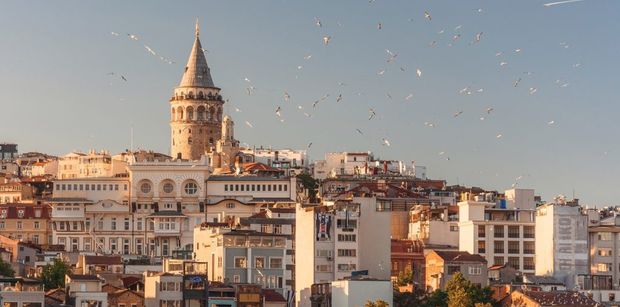
Over the past few years, specifically from 2016 onwards, Turkey has seen the downfall in tourism due to political conflicts and terror-related instances. In this article, I aim to dissect Turkeys conflicting past, understand what affects this is having to the present and what this means for the future.
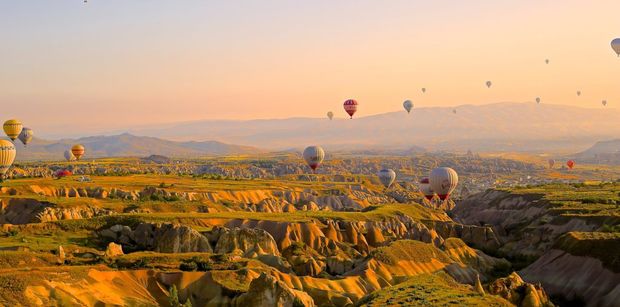
Demographics
Turkey – where east meets west. A culturally vibrant corner of the Mediterranean enriched by its ancient history. Turkey is home to over 82 million people. Away from the larger towns, such as Istanbul or Bodrum lays a country of vastness. Approximately 104.5 people per square kilometer as opposed to England’s 427 people per square kilometer. (Statista, 2017).
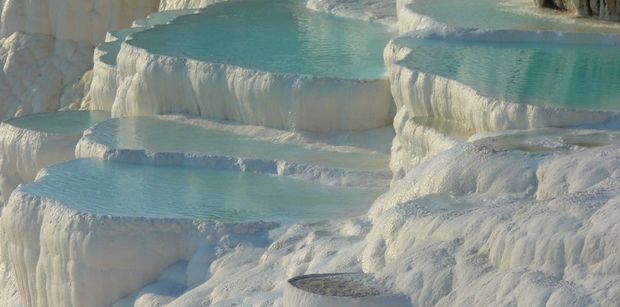
Check out our crewed yachts in the French Riviera!
Education
While there are some problematic trends include rising unemployment and inflation, education in Turkey still remains strong. The literacy rate is high at 95.6%, a surprising statistic, however, the Turkish take their education seriously, even in rural areas. The most common foreign language, besides the native dialects, is English. Children residing in Turkey are enrolled in mandatory English classes from ages 8. Subsequently, in this culturally diverse country, the population can still communicate well with holidaymakers. (Turkey Population, 2018).

Check out our crewed yachts in Greece!
Political unrest
Turkey was consumed by a failed Coup d’état, a word that derives from the French language “To overthrow of an existing government”. Coups are generally a quick and sudden act of violence by a small sect of people, often military. Since 1950 an astonishing 463 Coup attempts have happened worldwide with an even more staggering statistic that 233 Coups were successful – just over 50% success rate. (Besaw, C. 2018). In the last century, there have only been two years where a Coup was not attempted, 2007 and 2018. According to OEFResearch’s Coupcast predicts that Turkey is down in the risk of another Coup, while countries like Thailand, ranked 2nd highest in `odds of a coup attempt` are up in their risk. (Coupcast, 2019).
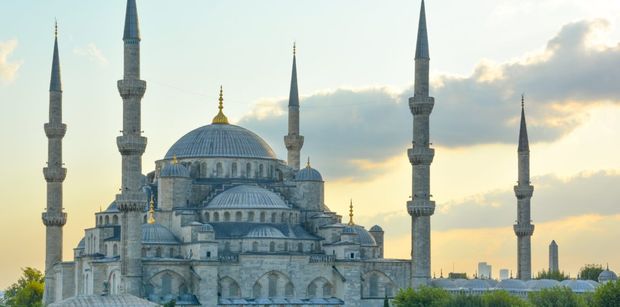
The Turkish Coup, arranged by the Turkish Armed Forces (TAF), attempted to seize control in several politically important areas including Ankara and Istanbul. The Coup was formed in retaliation to the Government, who was accused of controlling the media and what deemed to be enforcing undemocratic laws. The delivery of Coups are generally over quickly, however, the accusations towards to Government in question and the outcome never recede as quickly as the delivery of the Coup.
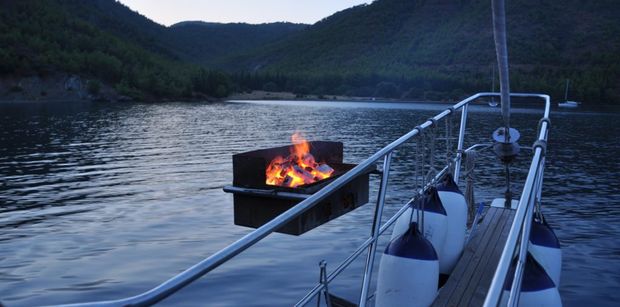
Turkey was in a state of shock, with many people killed and arrested it was a very dark time in Turkeys 95-year political history. What was often missed out in the media was something quite unprecedented. The civilians of Turkey took to the streets armed with kitchen utensils, garden tools to fight against the Turkish Armed Forces. Shoulder to shoulder with the loyalist soldiers and the Turkish police force, they were able to defeat the coup attempt within a few hours.
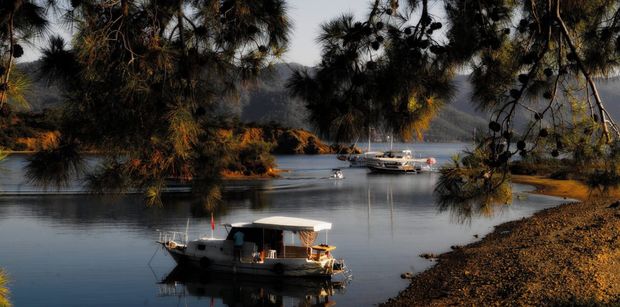
Ancient trading routes
The years following the devastating events took a toll on Turkey in many ways – but most importantly the Tourism. Turkey is no stranger to hosting different cultures. Turkey is home to one of the many ancient networking trade routes that linked the east and west. These ancient trade routes, named famously as the ‘Silk Roads’ became established in the Han Dynasty of China era, which dates back between the times of 130BC – 1453CE. According to the European explorer Marco Polo, he noted down that the roads were used for the delivery of many goods including livestock, spices, foods, and carpets. (Masefield, J. 2011).
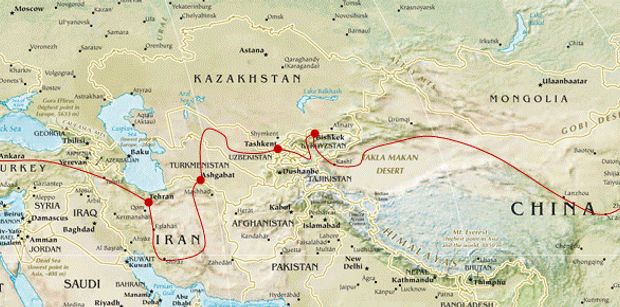
The trading routes which networked through Turkey meant they were more advanced in their lifestyle development than what Europe ever was until it came to the industrial revolution. In the turn of the century, Turkey turned to tourism as being one of its main revenue sources. Turkey did this extremely well and what was impressive is that it didn’t even have to try, it sold itself. The country appeals to the masses. You have history, architecture, beaches, nightlife, sailing, exploring, tracking, health tourism and all at an extremely reasonable price. Direct flights from London means you can be totally immersed in the hustle and bustle of Turkish life within four hours.
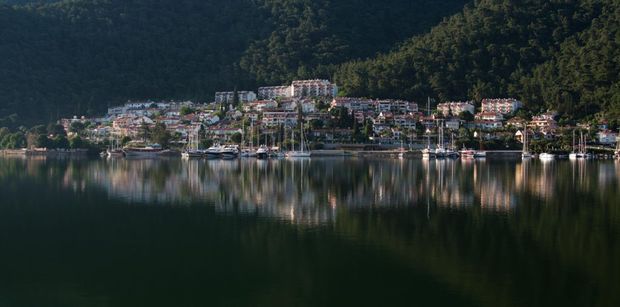
Tourism
In 2014, Turkey was ranked 6th most popular tourist destination in the world, 42 million foreign tourists traveled to enjoy all of what Turkey has to offer. This injected 32 billion euros of revenue, this provided socioeconomic growth throughout the country. (Daily Sabah, 2015). Since 2014 tourism started to decline due to the political situation that Turkey was involved in. In 2015 tourism dropped by 6 million and then in 2016 it dropped another 11 million resulting in a total drop of 17 million. This was detrimental to the country when they needed the money most. Recovery began in 2017 when tourism increased to 32 million, still 10 million less than when Turkey was in its heyday.
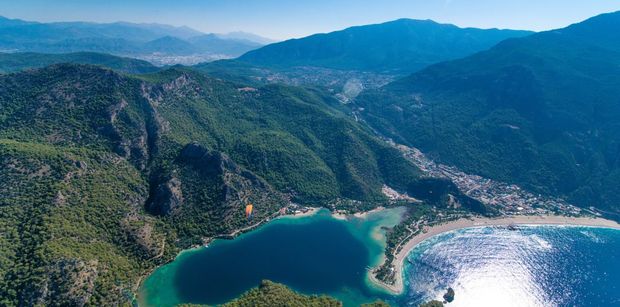
Sailing
Nautical tourism is increasing in popularity for holiday choices. With the rise of Flotilla holidays where certificates are not always needed and thousands of bareboats around the world, it has created an accessible industry for various classes. Just like traveling by plane, yachting was seen as elitist. It was more expensive to charter yachts 30/40 years ago because there simply wasn’t a lot of yachts to charter. With the advancement of ship manufacturing, and marina building it has created a gap in the market for sailing holidays.
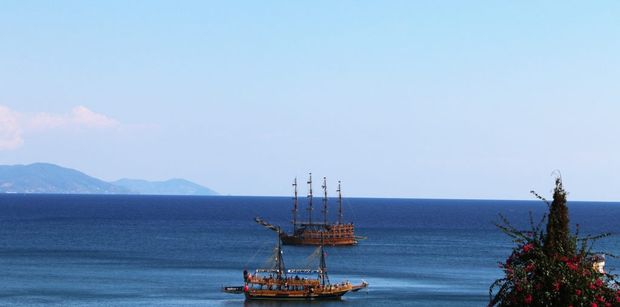
With more hulls in the water, this gave way to more accessible sailing, typically in the Mediterranean. Turkey grabbed at this opportunity and concentrated on building the infrastructure to hold yachts of all sizes and types. Turkey has many attributes that sailors look out for mainly sailing conditions and anchorages.
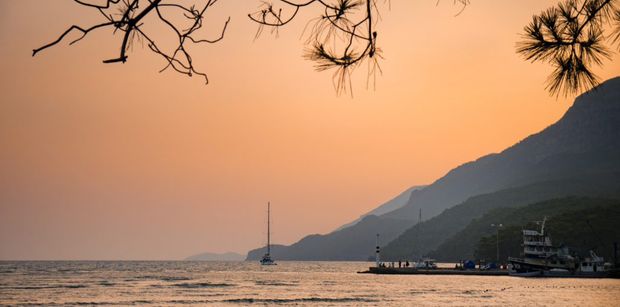
The Mediterranean is typically popular because of line of sight sailing which means even novice sailors can get around with ease. Adding to this, there is barely any tide to factor making anchoring, passage planning and general maneuvering of the yacht easier.
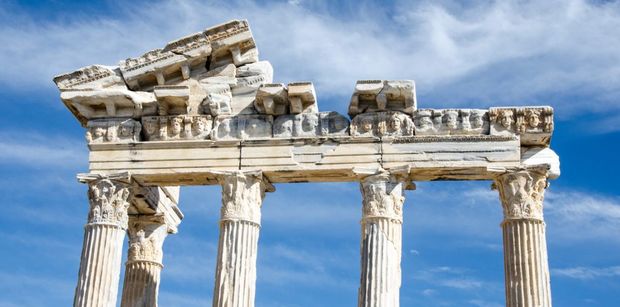
Turkey is in the prime position for an eclectic mix of chartering. The wide range of yachts that take advantage of this historic country may surprise you. From traditional sailing boats all the way through to superyachts – this country has something for everyone. Not only does Turkey offer some of the best sailing in the Mediterranean, but it also offers a lot of excursions on land too.
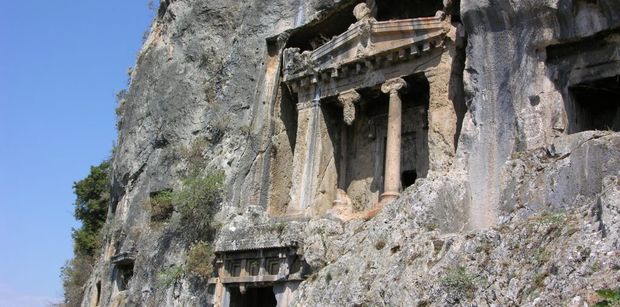
Historical sites dating back to a mind-blowing 10th millennium BC. Turkey is also famed for its Turkish Hammams, which are extremely popular not just in Turkey but worldwide. Turkish Hammams combines the Roman baths and the Arabic steam baths, Hammam is actually the Arabic word for ‘bath’.
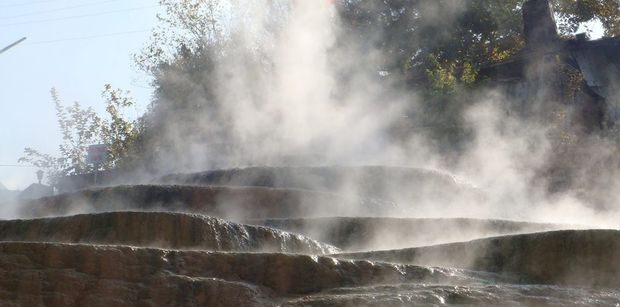
To date, France and Turkey have the same threat level on the UK Home Office travel advice page stating that attacks are very likely to be carried out. However, this did not stop 89 million tourists visiting France alone in 2018. This indicates that even though there are threat levels people are still willing to visit terror hit countries. It begs the question that perhaps culture is more the defining factor rather than the threat level.
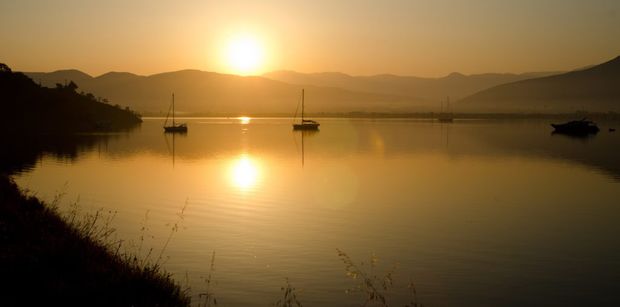
Personally, I believe as a nation, and as a fellow sailor, we should not let these terrorist groups dictate our lives and hinder what we can and cannot enjoy in life. This is not to say we should not proceed with caution, but if we exercise too much caution, we could overlook some of the most beautiful countries in the world.
Twenty years from now you will be more disappointed by the things that you didn’t do than by the ones you did do. So throw off the bowlines. Sail away from the safe harbor. Catch the trade winds in your sails. Explore. Dream. Discover.
Mark Twain
Bibliography
1. Aljazeera. (2017). Turkey’s failed coup attempt: All you need to know. Retrieved from 04/03/19: https://www.aljazeera.com/news/2016/12/turkey-failed-coup-attempt-161217032345594.html
2. Besaw, C. (2018). The conversation. Retrieved from 04/03/2019: https://theconversation.com/no-coups-occurred-in-2018-will-next-year-be-so-stable-108387
3. Coupcast. (2019). OEF Research. Retrieved from 04/03/19: https://oefresearch.org/activities/coup-cast
4. Statista (2017). Population density in the United Kingdom (UK) in from 2017 (people per sq. km), by country. Retrieved 04/03/19 from: https://www.statista.com/statistics/281322/population-density-in-the-united-kingdom-uk-by-country/
5.Turkey Population. (2018). Retrieved 2019-03-04, from https://worldpopulationreview.com/countries/turkey/
6.AFP. (2017). Turkey tourism income slumps after attacks, coup. Retrived from 04/03/2019: https://tribune.com.pk/story/1312674/turkey-tourism-income-slumps-attacks-coup/
7. Masefield, J. (2011). Marco Polos The Silk Road (Art of Series) (Art of Wisdom). London, United Kingdom.
8. M, Sariisik. O, Turkay. O, Akova. (2011). How to manage yacht tourism in Turkey: A swot analysis and related strategies. Elsevier LTD: Amsterdamn, Netherlands.
9. Daily Sabah. (2015). 42 million tourists visits Turkey. Retrieved from:https://www.dailysabah.com/tourism/2015/01/01/42-million-tourists-visit-turkey-in-2014
